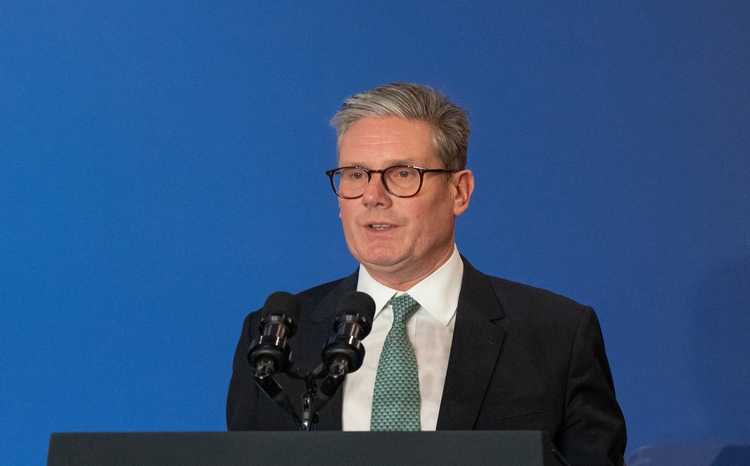Prime Minister Keir Starmer emphasized the importance of embracing technology in the NHS during an event in east London on October 21, 2024. He called for a shift from analog to digital methods across all aspects of healthcare, including the ambulance service, hospitals, and local communities. Starmer encouraged the public, NHS staff, and experts to participate in a consultation via the Change.NHS.uk online platform to help shape the 10-year health plan set to be released in spring 2025.
Health Secretary Wes Streeting echoed Starmer’s sentiments, declaring that the NHS must evolve into a system that not only benefits from but drives advancements in data, life sciences, and medical technology. Plans were unveiled for a ‘digital patient passport’ within the NHS App, which will consolidate a patient’s health information, test results, and medical correspondence.
Various healthcare leaders shared their reactions to these developments. Ben Jeeves highlighted the significance of stakeholder input in shaping the future of the NHS. Tom Whicher praised the introduction of a digital patient passport but emphasized the need for enhanced patient interaction with the health service. Steve Wightman emphasized the importance of a comprehensive, whole-system approach beyond just the NHS App.
As the government progresses towards a single patient data record, industry experts raised concerns about data security, interoperability, and the need for common data standards. They underscored the importance of integrating existing technology systems and streamlining digital records to facilitate efficient care delivery and leverage emerging technologies like AI.
The shift towards a digitally-driven healthcare system presents both opportunities and challenges, requiring careful consideration of cybersecurity measures, operational efficiencies, and patient engagement. Embracing these developments will pave the way for a more seamless, patient-centric healthcare experience in the UK.






